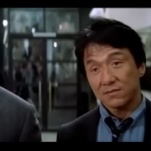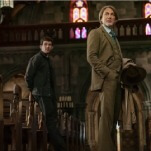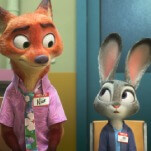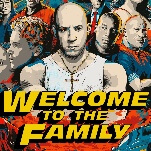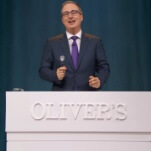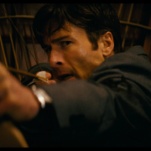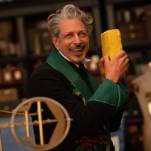The book opens on the eponymous Bradshaws, who are coping with a redistribution of parental duties. Thomas is the newly minted househusband looking for the spontaneity his life has always lacked in a Beethoven adagio, and his wife Tonie has just been appointed head of an English department at an unnamed, second-tier college. Pried loose from old family roles, the Bradshaws view each other and their daughter Alexa with skepticism bordering on suspicion: Who are these people who have come to define their lives, and what is art’s role in making sense of it all?
In the hands of a lesser writer, the book’s refrain of “What is art?” could be yawn-inducing, if not laughable, but Cusk has a gift for wrapping minute, piercing observations on domestic life in lyrical passages that consistently bring fresh insight to the time-worn question. The painterly attention given to the Bradshaws’ interior life—and to the equally fraught households of Thomas’ brothers Leo and Howard—are captivating enough that the book can be forgiven for coasting along with little sense of propulsion. After all, like the 30 Goldberg Variations that develop around bassline and chord progression instead of melody, Bradshaw’s 32 chapters don’t develop narratively so much as they play off the greater themes of doubt and domestic disappointment that marked Cusk’s unflinching 2001 memoir of motherhood, A Life’s Work, and her 2006 novel, Arlington Park.
In Bradshaw, human relationships might as well be determined by the roll of a die, and that tenuousness can reveal itself in unexpected moments, as when Leo’s parents mechanically ask him about “any new commissions” (even though that question is irrelevant to his job), or offer him a joint of beef after 15 years of vegetarianism. These are the people who should know him better than anyone, yet there is a sense that 10 years from now, they’ll be sleepwalking through the same conversations, learning nothing through repetition.




























